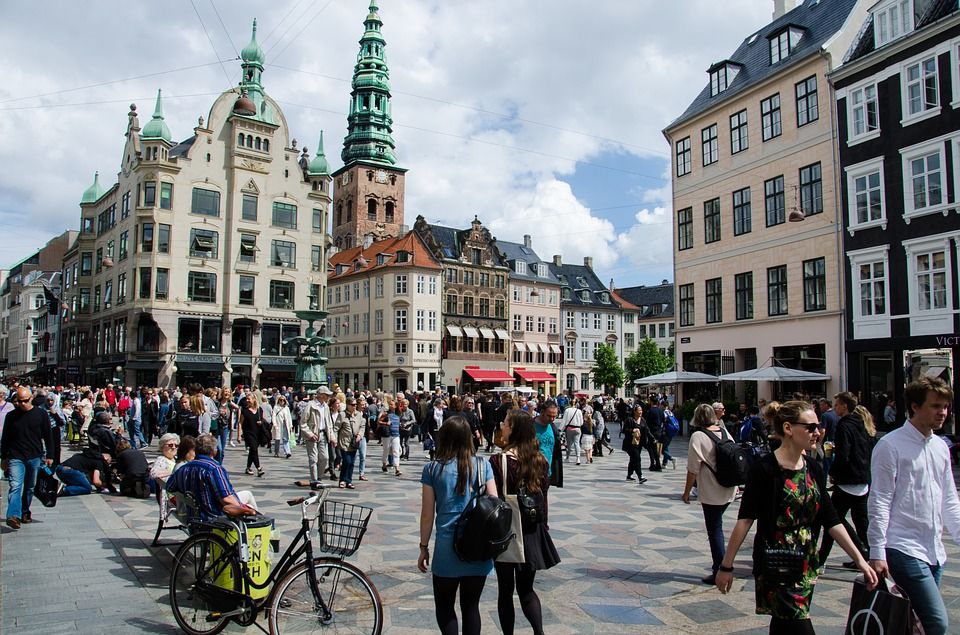The population of Copenhagen Municipality looks set to increase by approximately a sixth over the next decade, reports Berlingske.
According to the municipality’s projections, the population will rise from 624,000 to 725,000 by 2031 – and by another 100,000 by 2050.
More immigrants and families
The two primary reasons for the rise are the increasing number of immigrants choosing to settle in the capital, along with the increasing number of families choosing to stay.
The municipality has plans to build a further 60,000 homes by 2031, and the city mayor, Frank Jensen, recently said the size limit (of 95 sqm) would be lifted for half of them.
Lack of schools in Copenhagen
More families are choosing to live in the city, but the schools cannot keep up with the demand for places. The municipality has accordingly put together a budget for building new schools. However, it might take some time before the schools are fully finished and ready for students. In almost every other city in Denmark, schools are closing due to cuts in funding, resulting in empty, unused schools at a time when there is a big need for them in the capital.
Eco-friendly construction an increasing focus in Copenhagen
During the course of the next four years, Copenhagen will enter into a collaboration with London, Hamburg and Helsinki to investigate and promote the development of a more sustainable and environmental way of constructing buildings. Through a new EU-funded project, Circular Construction in Regenerative Cities, it will be investigated how cities can apply circular construction work most efficiently. The aim is to recycle as much material as possible from torn-down buildings in newer constructions. The struggle is to ensure that materials of torn-down buildings are not ruined in the process. It is estimated that around 40 percent of societies’ contribution to global warming stems from the construction of buildings.
Municipality to free up more space for shared bikes and scooters
Copenhagen Municipality is getting closer to solving the issue of finding parking spaces for an estimated 2,000 shared electrical scooters and bikes. The Department for Technical and Environmental Management has published a long-awaited report for new guidelines on smaller rental vehicles, and it has been decided that 30 parking spots will be replaced by spots for scooters and bikes to increase micro-mobility in the city. The decision is applauded by companies such as Donkey Republic, a bicycle rental service, which says this will increase green mobility in the city.
READ MORE: Municipality cracking down on ‘illegal’ electric scooters
Little Culture Night to launch tonight
The organisers of the October event ‘Culture Night’ are tonight launching ‘Little Culture Night’, an evening of events aimed at children. Over the last 26 years Culture Night has developed into one of Copenhagen’s largest annual events with more than 94,000 guests, of which 35,000 are children. Tonight there will be a great range of activities such as treasure hunts, movies and plaster workshops. Tickets cost 85 kroner from 7-Eleven and selected museums in Copenhagen and Frederiksberg. For more information, visit here.















